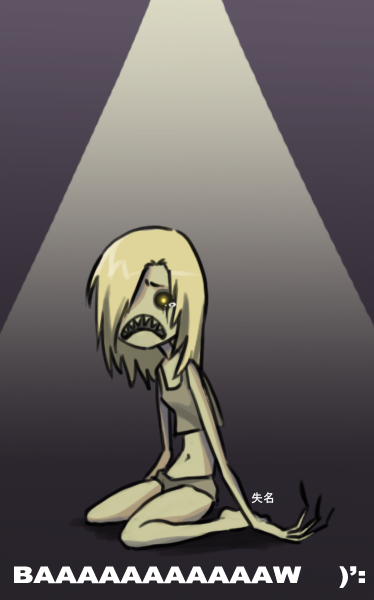As Revolution began in the thirteen American colonies in the late seventeen hundreds, the British were badly outnumbered. As a last resort they promised freedom to any slave of a rebel who fought the Americans on their behalf but the response was greater than they could have imagined; as many as 30 000 slaves escaped to British lines. Working as soldiers, labourers, pilots, cooks, and musicians, they were a major part of the unsuccessful British war effort. As defeat became inevitable, these free blacks were evacuated to Nova Scotia with the other Loyalists on the promise of land, home and continued freedom.
In order to track the many people making the journey from New York to Nova Scotia, a log was created to record the black loyalists names, appearance and proof of their freedom.
Men, women and children would line up for hours at a time in order to get their name penned into the Book of Negroes. They were described as "stout, fine, able bodied, worn out, fine wench, healthy negress" and many other words. These descriptions were written beneath the name of the ship they would be traveling on, and where it was bound for.
In Lawrence Hill's book, Aminata Diallo participates in the penning of names, she sits for days at a table with other workers, writing down descriptions of other people just like her, hoping beyond hopes that their lives in Nova Scotia will prove to be prosperous.
This true history; added in to an already engaging, detailed book; helps to add depth and a sense of awe to the story line. Knowing that the log still exists in our time, that people who were once broken down and treated lower than dirt, had their hopes raised at the prospect of having their identity recorded is a humbling fact.
This book is definitely one to pause between chapters and consider what it is the text is saying. The human emotions, the conflicts and decisions are real enough to be felt and the history is an essential part to the story.
It would be interesting, to one day set eyes on The Book of Negroes.

